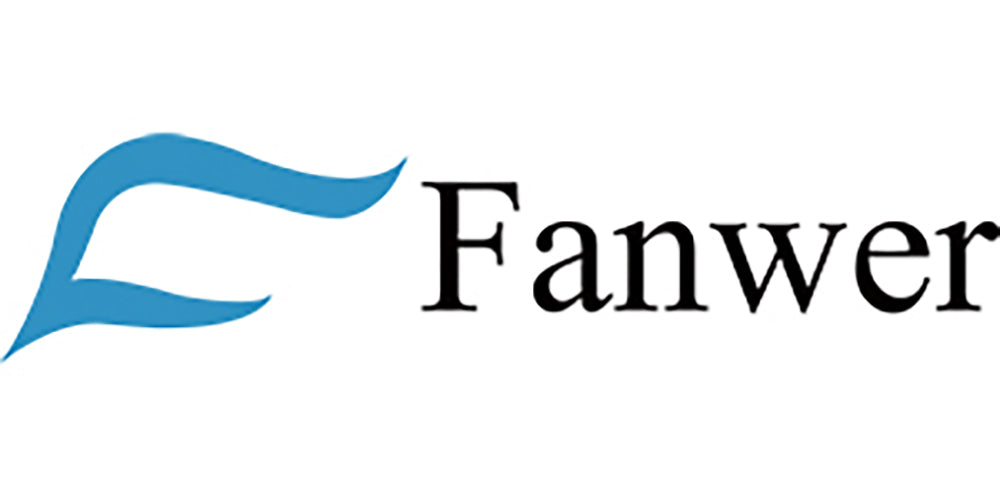
Z or the elderly, the benefits of a healthy diet include increased mental acuity, disease resistance, higher energy levels, and better management of chronic health problems.
As we age, diet can also be the key to a positive attitude and thus we remain in emotional balance, but a healthy diet does not necessarily have to be associated with diet and sacrifice. A healthy diet for the elderly consists of fresh, varied food, creativity in the kitchen and eating with friends.
How many calories do seniors need?
Use the following as guidelines:
A woman over 50 who:
-is not physically active needs about 1600 calories a day
-is less physically active needs about 1800 calories a day
is very active needs about 2000 calories a day
Men over 50 who:
-Not physically active needs about 2000 calories a day
-is a little physically active needs 2200-2400 calories a day
-is very active needs about 2400-2800 calories per day
Of course, a balanced diet is more than counting calories. There are many other aspects to creating a healthy lifestyle.
What foods should the elderly consume?
-Fruits - focus on whole fruits more than juices for more vitamins and fiber and eat about 2 servings each day.
-Vegetables - color is very important in this category. Choose dark vegetables rich in antioxidants, leafy green vegetables like spinach, broccoli or orange and yellow vegetables like carrots, zucchini and sweet potatoes. 2 to 3 servings of each vegetable will greatly help your body.
-Calcium - Keeping your bones healthy depends on adequate calcium intake to prevent osteoporosis and bone fractures. Older people need about 1,200 mg of calcium each day through milk, yogurt or cheese.
-Cereals - be smart with your carbohydrate intake and choose whole grains for more fiber and vitamins. Older people need 6-7 ounces of cereal each day (one ounce is about 1 slice of bread).
-Proteins - the elderly need about 0.5 grams per kilogram of body weight. Simply halve your body weight to find out how many grams you need. A 130-pound woman will need about 65 grams of protein a day. A serving of tuna, for example, has about 40 grams of protein. Swap your protein sources with fish, beans, peas, nuts, milk, eggs and cheese.
Needed vitamins and minerals for the elderly:
- Water
- Vitamin B
- Vitamin D
Tips for a healthy diet:
- Reduce salt
- Add fiber
- Avoid bad carbs
- Cook smart
- Put five colors on your plate( it’s a tip from Japanese cooking culture that teaches you to always have five colors on your plate. Fruits and vegetables in rich colors correspond to rich nutrients. (for example: blackberries, melons, sweet potatoes, spinach, tomatoes, zucchini).

